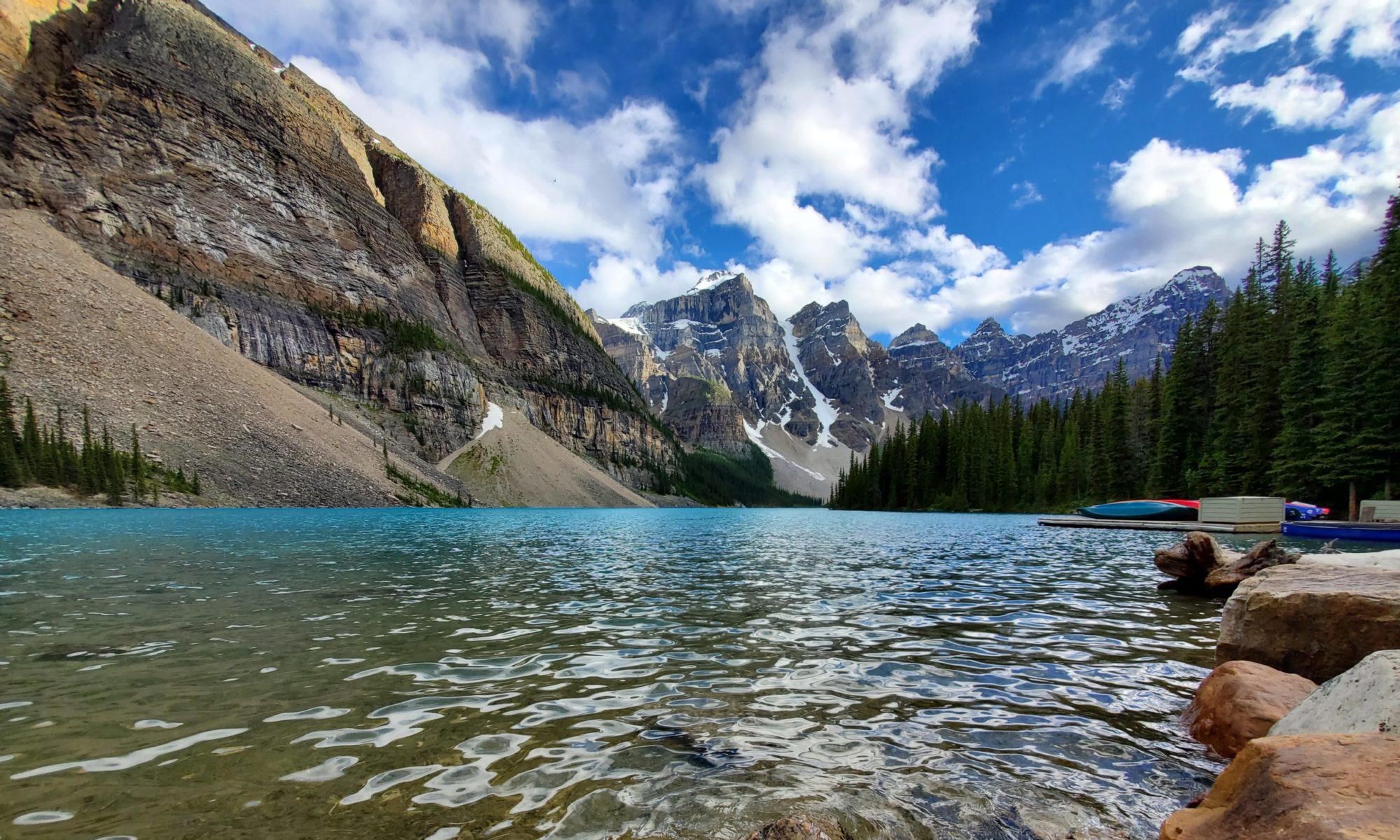Educators respect and value the history of First Nations, Inuit and Metis in Canada and the impact of the past on present and the future. Educators contribute towards truth, reconciliation and healing. Educators foster a deeper understanding of ways of knowing and being, histories, and cultures of First Nations, Inuit and Metis.
I am so grateful to have the chance to live and learn to teach on the ancestral unceded territory of the Lheidli T’enneh and to have the opportunity to continue to learn about the people who are so connected to the land that I live on. As an educator I have a responsibility to not only make students aware of the occupation and mistreatment of First Nations land and people but to show the value of First Peoples ways of knowing and being and to work towards indigenizing our education system. I need to work towards changing the assumption that the western world view is “neutral”, and that “other” world views are alternate or secondary. To achieve this, I need to make my appreciation and respect for these ways of knowing and being evident in my classroom, in part by giving representation and space to explore these ideas.
During my Education 391 practicum one way I accomplished this was to introduce a lesson in my bridging math 9 classroom on time by exploring the Dakelh calendar to show the patterns in nature that are used to describe the passage of time. As an environmental professional who has spent a good portion of my life studying local environments, I am always staggered by the vast ecological knowledge that is evident in the language and cultural practices of First Nations peoples and the language used in the Dakelh calendar is just one example of this knowledge. By leading students into a discussion about the cyclical nature of the seasons I was able to get them thinking about how they may categorize different times of the year based on their own experiences. I then led the discussion towards the names of Dakelh months and seasons and how they show the intricate the knowledge of the natural world that Dakelh people have built and passed down through countless generations.
By making it a priority to bring lessons and methods of teaching that show First Peoples perspectives I hope to demonstrate the respect I have for First Peoples ways of knowing and being and continue to foster an understanding of First Nations, Inuit, and Métis cultures and histories. I also look forward to continuing to research indigenous ways of knowing and being and building relationships with local First Nations to work towards decolonizing and indigenizing my classroom.
